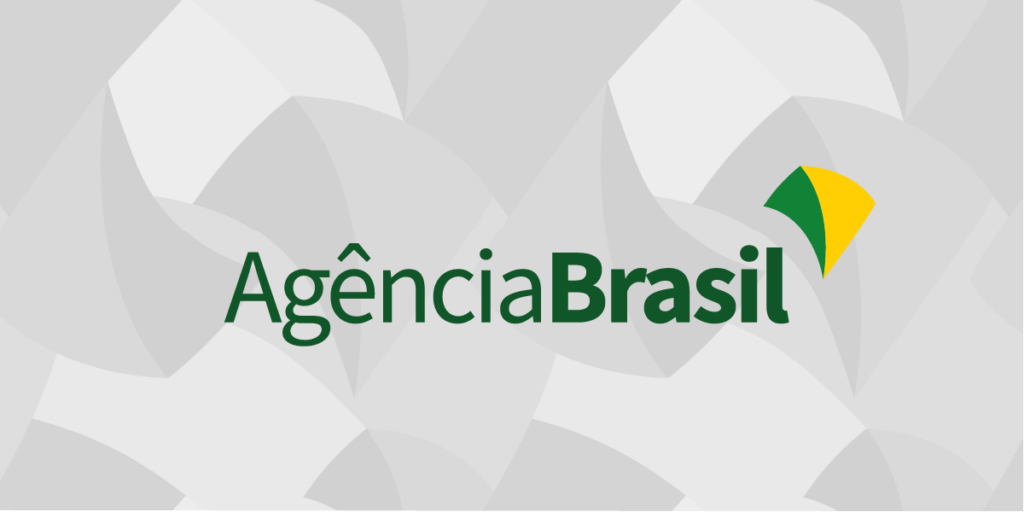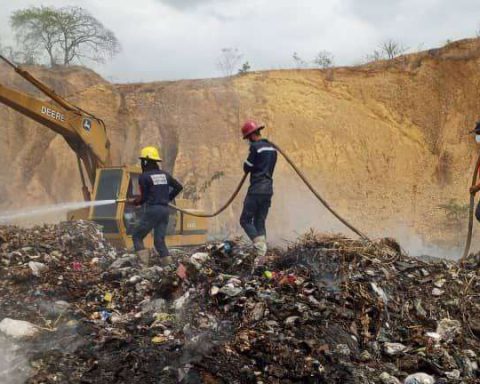In recent weeks there has been talk of the possibility that President Gustavo Petro will resume some of the functions of the Energy and Gas Regulation Commission (Creg), as one of the measures to reduce the price of electricity. However, to this is added a possible reform to the laws of public services and electricity (142 and 143 of 1994 respectively).
(Draft decree with which Petro will assume regulation of services).
El Tiempo learned what would be the draft of this reform, which includes points such as that the users of the services own the networks and infrastructure. According to the draft that is being worked on by the Presidency, these will be “collectively owned public assets and the provider may remunerate their operation, replacement and maintenance, but not the value of the network that has not been paid for”.
This point as well as the Superintendency of Residential Public Services whoever monitors the regulations issued by the Creg, has generated concern in the sector.
According to businessmen consulted, this type of announcements and projects are generating uncertainty and mistrust, which could affect the degree of investment as well as the expansion of the system, given that the rules of the game could be modified.
(Keys that the reform of energy laws and public services would bring).
For example, with respect to Superservicios oversight of the regulator, the document specifies that the Administrative Unit for Tariff Affairs would be in charge of “certify the quality of the regulation”. However, an expert consulted pointed out that the Superintendency does not have the technical capacity to carry out this function.
He explained that Laws 142 and 143 were issued after the blackout in the 1990s, separating the policy maker, the regulator, and whoever monitors with the aim of guaranteeing the independence and stability of the system.
By creating this level of control, which is not part of the functions of the Superservicios, this scheme that has worked for 30 years can be affected.
Other issues included in the articles are that one third of the Boards of Directors of the state companies will be chosen by the users, to represent them.
Another of the points of this reform contemplates that territorial or decentralized entities can participate as partners of public, private or mixed service companies. Additionally, it indicates that in those companies that are state majority, measures will be adopted so that this is reflected in the representation within the Board.
Sources from the sector told Portafolio that this could lend itself to making political and non-technical decisions regarding the people who are part of this body and that it lends itself to acts of corruption.
Camilo Sánchez, president of Andesco, explained that up to now the dialogues are beginning with the Ministry of Mines and Energy, the Ministry of Technology, the Ministry of Housing, as well as the Superintendence of Public Services.
He stressed that there are things that need to be updated, to include topics such as smart meters. However, one must have “great care”, since the existing laws have allowed the development of the sector without blackouts or crises being generated. For this reason, he said that this reform should be done with caution and technical rigor.
BRIEFCASE


















